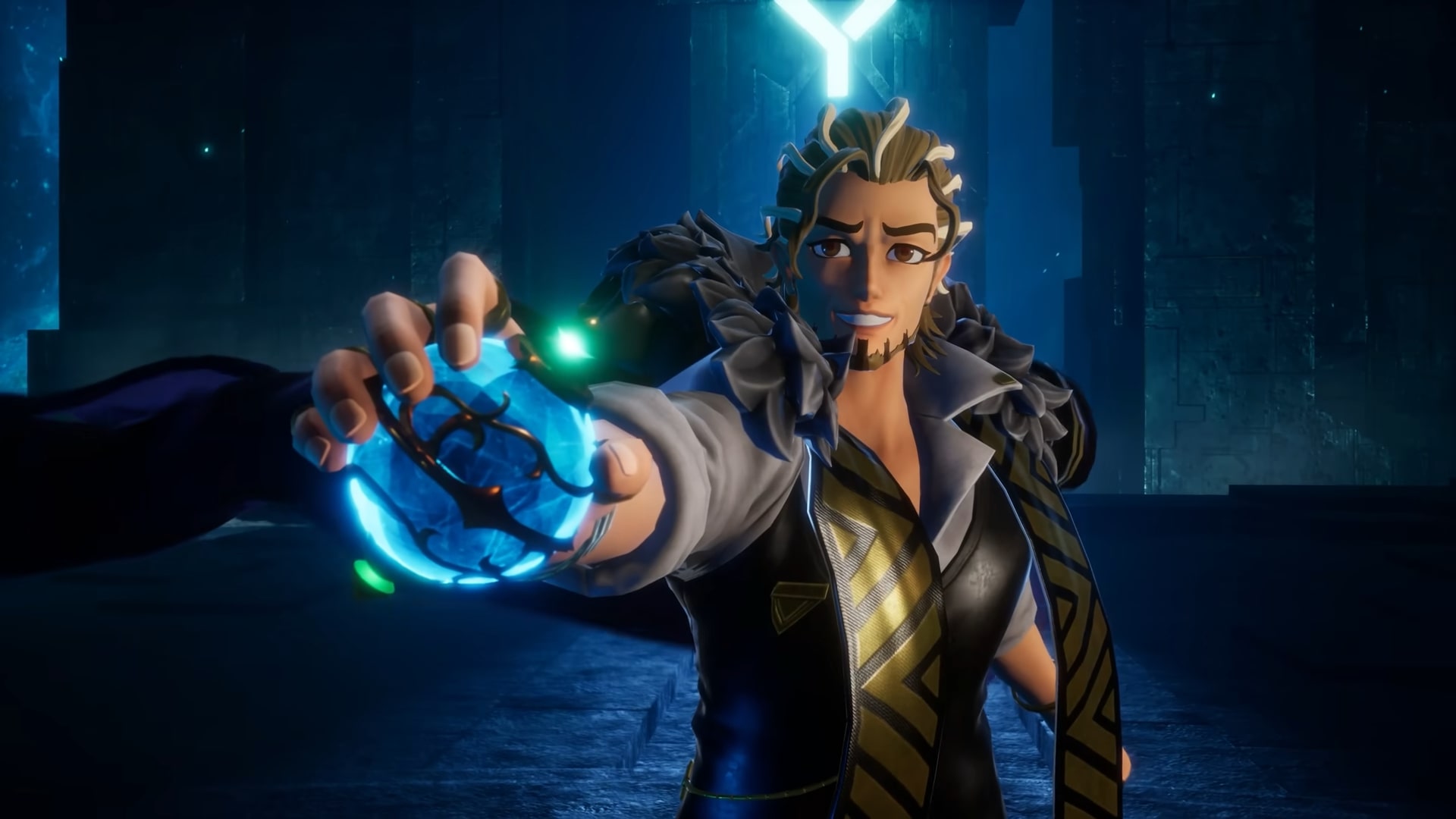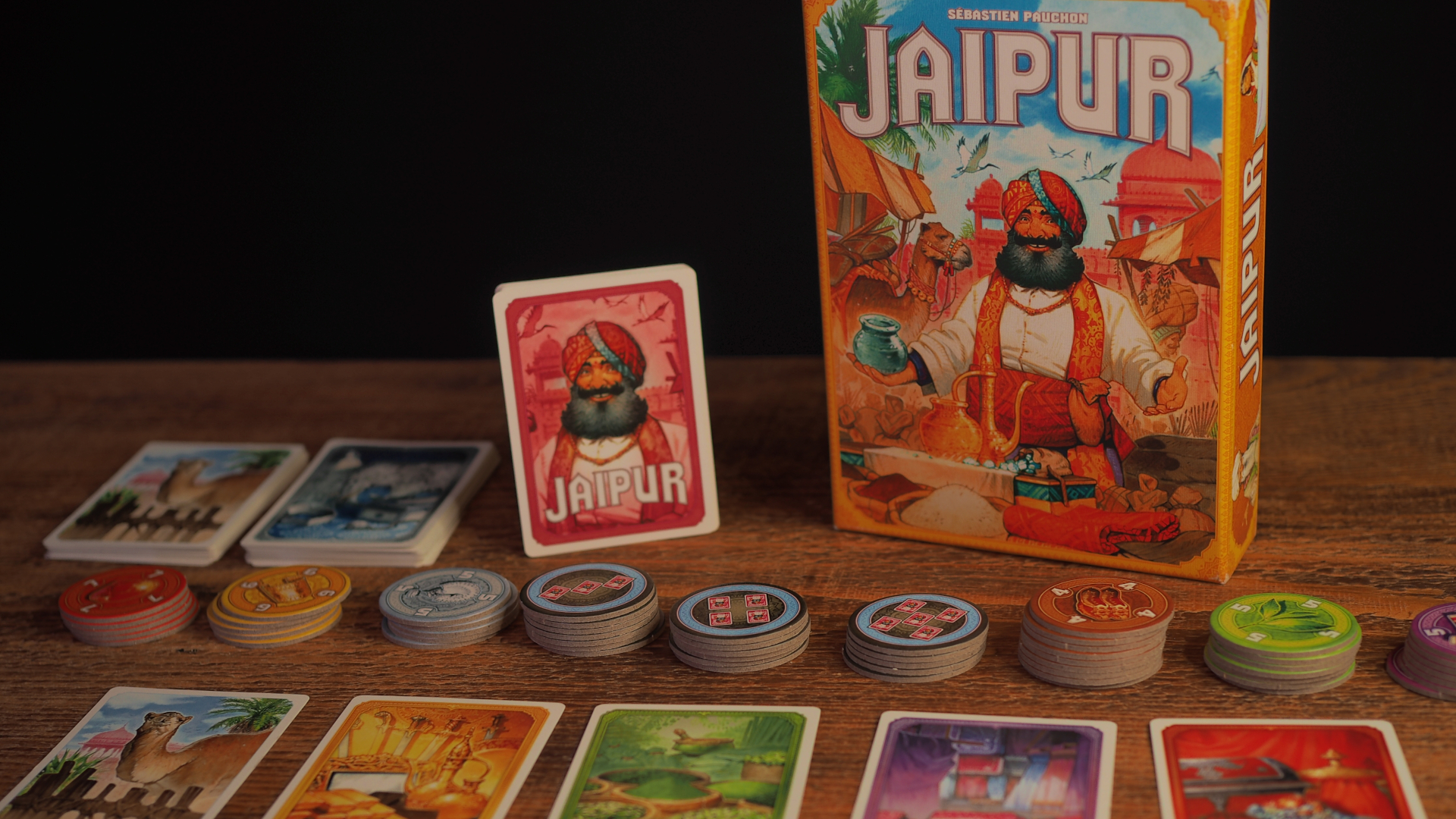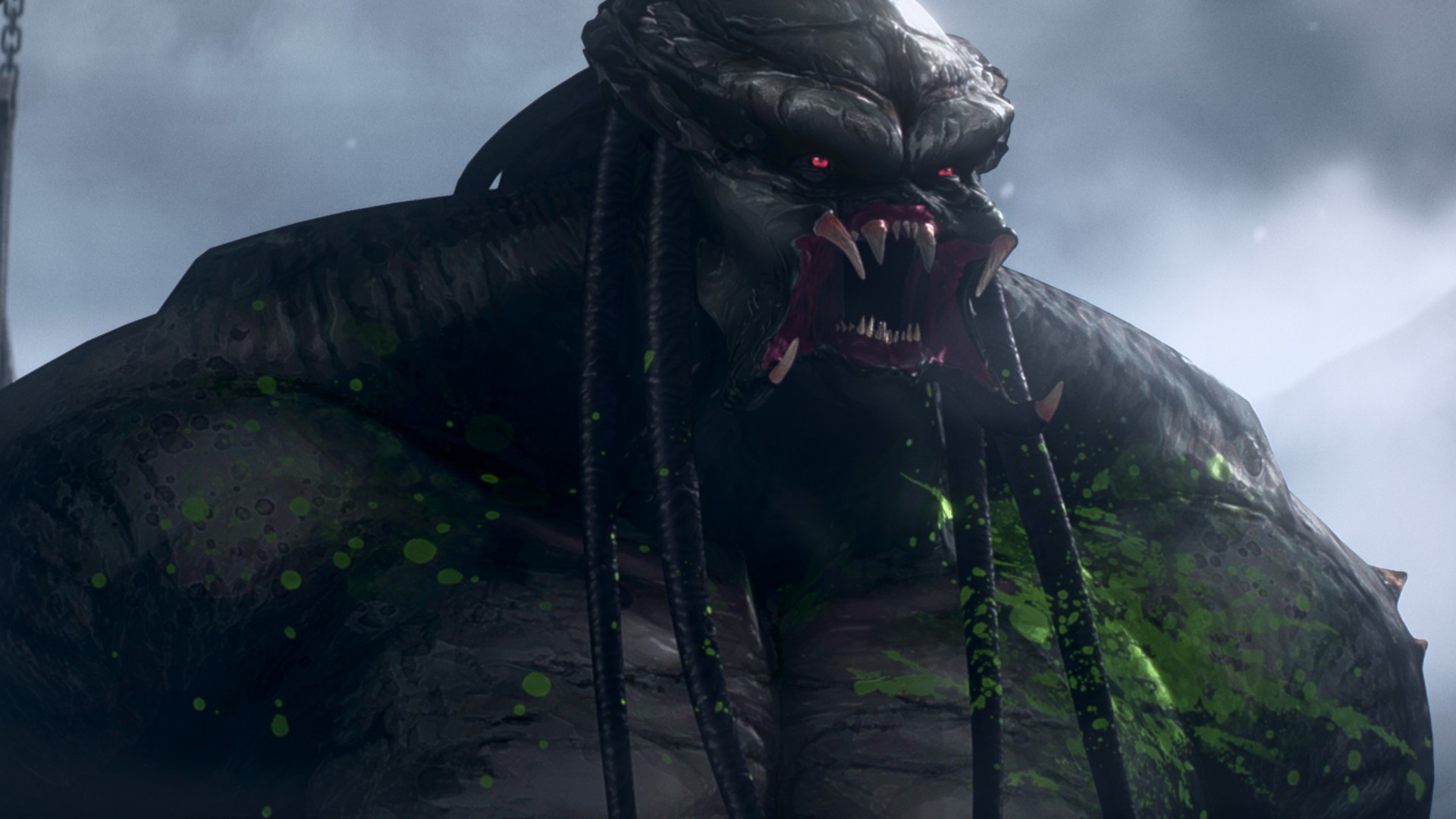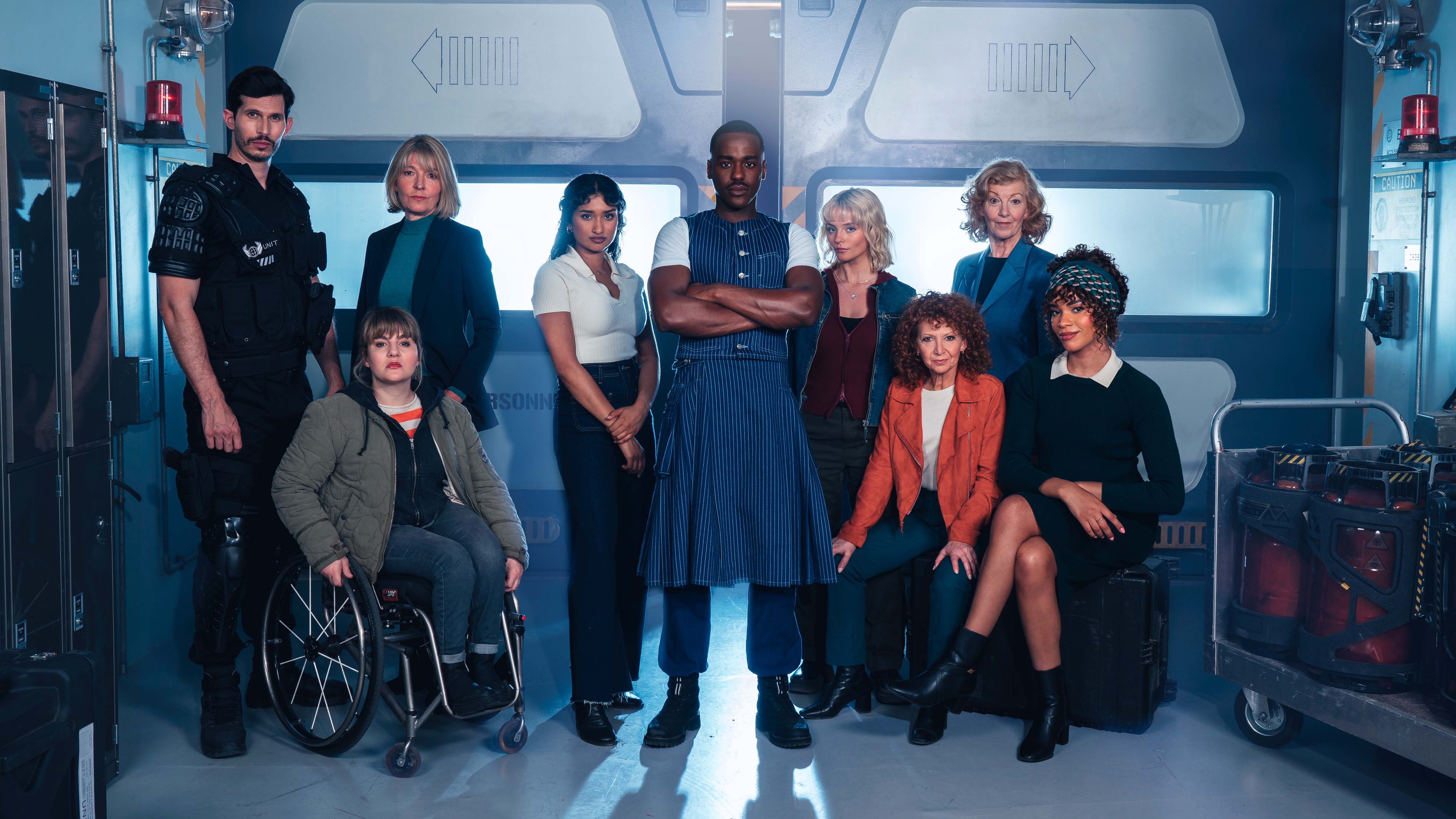Nintendo's Pokeball patent could be at the heart of its Palworld lawsuit, and judging by a 29-year-old precedent it could change monster-collecting RPGs for decades
"Is this good? Well, it's good for Nintendo"

Nintendo and 澳洲幸运5开奖号码历史查询:The Pokemon Company have filed a patent infringement lawsꩵuit against Pal𝄹world developer Pocketpair, and while there's no public confirmat꧅ion of the specifics of the suit just yet, it's looking likely that a 2021 Poke൩ball patent could be at the heart of it. And judging by the results of the most famous patent on a video game mechanic, this one could change monster-collecting RPGs for decades.
While Palworld initially came under close scrutiny due to the similarities its creature designs 🌳shared with vari🗹ous Pokemon, it seems Nintendo has givܫen up ꦏthat line of attack with this patent lawsuit. If Nintendo were concerned about what Pals look like, this would likely be 🅠a copyright lawsuit. A patent lawsuit suggests th🌳at Nintendo's got exclusive rights on some game mechanic that appears in Palworld, but the publisher hasn't been specific about what those patents entail.
reports, Nintendo filed for a patent on Pokeball mechanics back in 2021. In more technical language, it covers aiming and throwing an item to capture a character in the field, and then aiming and throwing an item to send that creature into battle. This is, of course, very similar to how you 澳洲幸运5开奖号码历史查询:catch Pals in Palworld.The patent appears to specifically be about throwing an item in a "virtual space" ala modern titles like Pokemon Legends: Arceus (or, again, Palworld), distinct from using that item in a turn-based battle as in the old Pokemon games. That might explain why Nintendo filed that pate🍨nt in December 2021, about a month before the launch of Legends: Arceus, rather than in the preceding deca🎉des.
The patent application was ultimately granted to Nintendo in Japan in December 2023 which was, notably,🙈 one month before the launch of Palworld. The patent's status is still pending in t🧸he US, but its Japanese status is likely more important, given that Pocketpair itself is a Japanese studio.
Reiterating, because I realize this has been confusing...Nintendo and The Pokemon applied for this patent in 2021 and secured it in Japan in 2023. The appl🐻ication is still pending in the U.S.@sweetpotatoes has a good s𓆏tory on this: //t.co/BsVBqtdhMV //t.co/ZIhquVwfYT
Nintendo has, again, not confirmed whether this Pokeball patent is part of the lawsuit, and it has claimed multiple patents were infringed, but it's tough to imagine a world where it's not part of the court proceedings. If Nintendo is successfully able to defend its exclusive rights to this game mechanic, history shows this could h🙈ave a major effect on other games in the future.
The most famous example of a game mechanic patent is on minigames during loading screens. In the early days of the PS1, when the nascent CD medium was introducing console gamers to the horrors of extended loading t🎶imes, Namco started including shrunken versions of its arcade classics to help players pass꧒ the time while waiting for their then-modern games to load.
Sign up to the GamesRadar+ Newsletter
Weekly digests, tales from the co🧸mmun♒ities you love, and more
Namco's idea was clever, but the company's patent meant that no other developer could do a loading screen minigame until the patent expired in 2015. Some skirted the issue with playable training and warm-up areas to fill in loading tওime🔴s, but few studios were willing to directly test how seriously Namco was willing to defend that patent.
Another, more recent example comes in Middle-earth: Shad🌸ow of Mordor's patented Ne🌺mesis system - a memorable feature that seemed like an obvious thing for other games to pull inspiration from. Yet that patent has meant no major studio has even tried. No matter the outcome of this Palworld lawsuit, it's easy to see a world where any future takes on the creature-collecting RPG might have to be very careful about how they leജt you capture those monsters.
Nintendo, certainly, is not a company that's afraid to defend its legal rights, and its own patents have already changed the course of the game industry in other ways. "This is why Xbox had Kinect and Sony's gesture controller෴ uses a camera; because Nintendo had a really strong set of patents around controllers moving in space," former Pokemon Company lawyer Don McGowan tells . "Nintendo is a company that understands the value of having theirꦇ games feel like they're integrated with their console, because at their heart they're a consumer electronics company. They exist to sell you things. So its games are designed to take advantage of the features of its things. Is this good? Well, it's good for Nintendo."

Dustin Bailey joined the GamesRadar team as a Staff Writer in May 2022, and is currently based in Missouri. He's been covering games (with occasional dalliances in the worlds of anime and pro wrestling) since 2015, first as a freelancer, then as a news writer at PCGamesN for nearly five years. His love for games was sparked somewhere between Metal Gear Solid 2 and Knights of the Old Republic, and these days you can usually find him splitting his entertainment time between re༺tro gaming, the latest big action-adventure title, or a long haul in American Truck Simulator.


